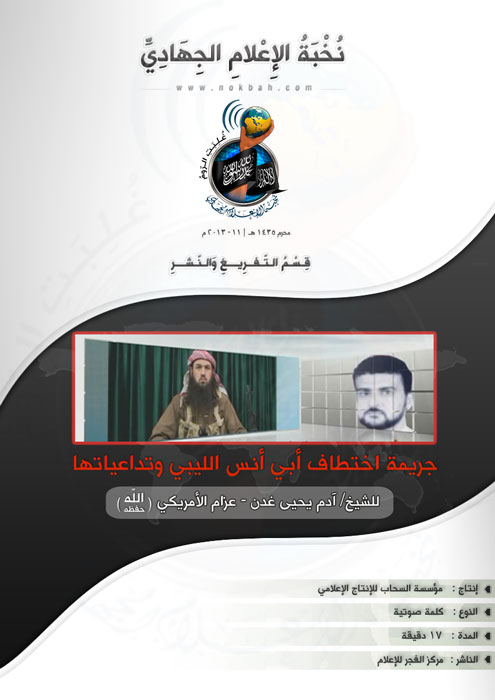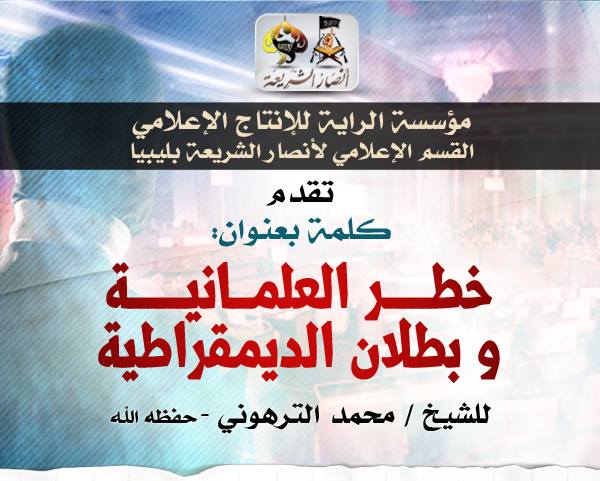![]()
The clandestine nature of the various networks responsible for sending Sunni fighters into Syria makes it difficult to ascertain exactly how many foreigners have entered the war and from which countries. Yet social-media sources affiliated with jihadists often post death notices for slain fighters, providing a unique, though incomplete, picture of where they are being recruited and where in Syria they fought. Tracking and analyzing these notices can help broaden Washington’s understanding of foreign recruitment networks, the largest of which appear to operate in Saudi Arabia, Libya, and Tunisia.
HOW MANY HAVE BEEN KILLED?
Since the Syrian uprising turned into an armed rebellion, jihadists have announced the deaths of more than 1,100 fighters on their Twitter and Facebook accounts and, to a lesser extent, on password-protected forums. Although other foreigners have been killed in Syria, their deaths were reported by non-jihadist rebels, Western media, or Arabic media and are not included in this assessment. The figures below also exclude foreigners who have fought on the Assad regime’s side.
To be sure, the information gleaned from jihadist sources is self-reported, and some data might therefore be suppressed for political reasons, especially reports of Iraqi involvement. That said, it still offers a worthwhile snapshot of an otherwise murky world.
The most striking revelation in the latest data is the huge rise in overall death notices. Previously, jihadist sources had posted only 85 such notices as of February 2013, and only 280 as of June. In other words, the vast majority of the more than 1,100 notices have come in the past half year.
Click here to read the rest.








